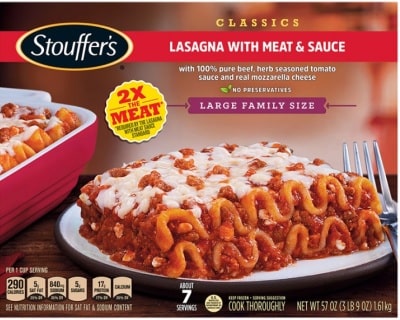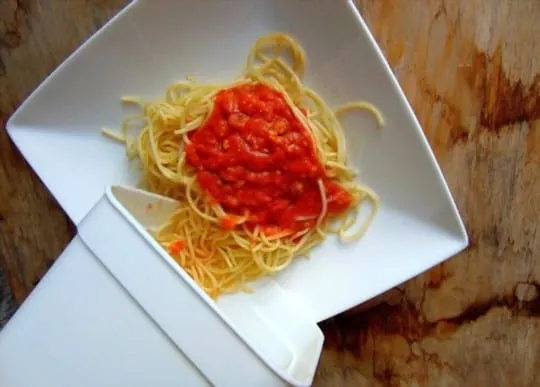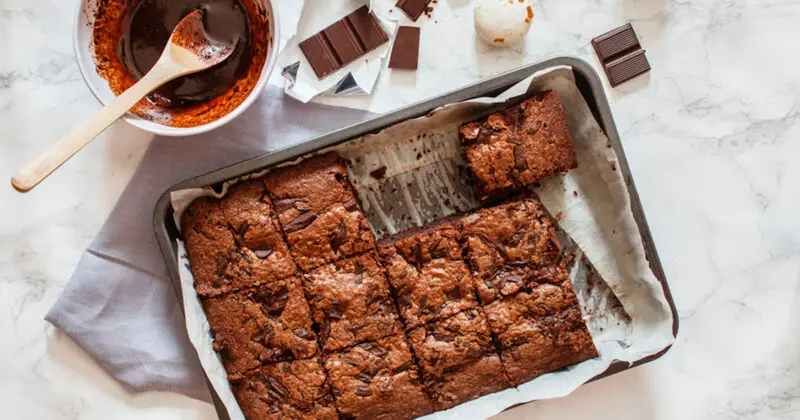Cooked meat is one of the most widely consumed foods across the globe. Whether we are eating beef, chicken, pork, fish, or lamb, cooked meat often plays a starring role in our meals. Some consumers enjoy eating their cooked meat cold, which has led to many controversies. Is it bad to eat cold-cooked meat? This article aims to answer that question and provide readers with important food safety information when handling and preparing meat.
Food Safety Basics
When it comes to food safety, proper handling and preparation of any food are paramount. Meat is considered a high-risk food because it can contain harmful bacteria such as Salmonella, E. coli, Listeria among others that can cause illness when ingested.
Guidelines for safe meat preparation are essential precautions that must be taken seriously at all times as they prevent bacteria growth by interrupting the vital environment bacterias need to grow and thrive.
Some common types of bacterial infections include gastroenteritis commonly caused by Salmonella and E.coli toxins producing severe vomiting and stomach cramping until your body fights back.
Risks Associated with Eating Cold Cooked Meat
Although some people prefer to eat their cooked meat cold might find this convenient or even enjoyable; there are significant health risks associated with consuming cold cooked meats. The problem lies in what happens after you cook your meal: Bacteria begin multiplying on any leftovers left for too long at room temperature above 4°C (40°F). This process doesn’t stop or slow down just because the food hasn’t been reheated.
Eating undercooked or improperly stored meats can lead to serious health complications such as:
- Foodborne illnesses
- Diarrhea
- Vomiting
- Nausea
- Abdominal cramping
- Fever
Therefore you must take extra care of how you store your leftovers if you plan on eating them later either hot or cold to avoid putting yourself at great risk.
Benefits of Heating Cooked Meat before Consumption
Heating food thoroughly will kill bacteria, destroy pathogens and enhances the quality of the taste. Besides, heating cooked meat before consuming it has several other benefits including:
- Kills Harmful Bacteria – Cooking and reheating your leftovers to 74°C (165°F) will ensure that most strains are no longer a threat, which makes it safe for consumption as all pathogens have been eliminated entirely.
- Increases Digestibility – To improve protein digestibility of undercooked meat, cooking or reheating may enhance your digestibility since these processes break down the protein structure making it easier to absorb.
- Improves Palatability – Food always tastes better when hot than cold; therefore, you would want to reheat steaks and chops to bring back their fresh flavorful taste.
When It’s Safe to Eat Cold Cooked Meat
There are circumstances whereby eating cold cooked meat is safe provided they’re not so prolonged:
- If recently prepared or stored in an airtight container.
- Bonafide restaurants that have proper equipment for storing and freezing meat can use cooked meat within hours safely.
- If frozen immediately after cooking and consistently monitored temperatures are maintained throughout, until consumption.
However, even in these circumstances freezing food packs have a lapse time of up to six months (depending on the type of dish); if you’re going to be consuming them over a more extended period, recook.
Best Practices for Handling and Storing Cooked Meats
Best practices should always include refrigeration methods for storing your leftover meats properly at 4°C (40°F), preventing bacterial growth. Below are tips on how to label, date, store, and safely heat any cooked meats leftover:
- Refrigerate – Make sure all your leftover meals are promptly refrigerated or frozen immediately after cooking within two hours; if not placed in storage within this timeframe, dispose of them.
- Labeling – Use labels in storing and utilize color-coding system for shelves or containers; this will help keep an inventory record of everything you store in your fridge.
- Dating – Always use a date label on your leftover meat to monitor spoilage and distinguish between old and new meats.
- Proper Thawing – If frozen, unfreeze the meats safely directly from the freezer to avoid spoilage.
- Reheating -If need be, reheat your leftovers at high temperatures over 74°C (165°F) to eliminate any pathogens.
Mythbusting: Debunking Common Misconceptions About Eating Cold Cooked Meat
- “Cold cooked meat is safe to eat as long as it does not look or smell bad.” This notion Is far from the truth! Bacteria do not thrive in oxygen deprivation conditions and neither bacteria growth nor spoilage always occur simultaneously. Also, not all bacteria create unpleasant odors or discoloration when present; therefore never rely on mere sight or smell to judge whether food is safe for consumption.
- “Reheating food kills all bacteria.” Wrong again! Some toxins are heat resistant despite cooking temperatures; therefore reheating contaminated meals may worsen health complications if ingested again.
- It’s safe to leave cooked meat out overnight.” Cooked meat should never stay unrefrigerated for more than two hours at room temperature above 4°C (40°F). Otherwise, it risks bacterial growth along with bacterial overgrowth rates that double every 20mins making them a much higher risk after this time range.
Conclusion
Consuming cold-cooked meat can be harmful unless they’re stored and reheated safely to avoid getting ill with such severe infections as E.coli, Listeria or Salmonella among others.
Best practices for handling and storing cooked meats involve proper refrigeration methods that limit bacterial growth and prevent illnesses. Knowing the best approach to handle leftovers safely would save you from land or hospital sickbeds.
We strongly recommend that you take your meat health concerns seriously; observe the guidelines discussed in this article, and always consult a medical expert when you’re not feeling well after consuming some meat dishes.
Remember, food safety is paramount!
Q&A
Q1. Why is it not recommended to eat cold cooked meat?
Most food experts believe that eating cold cooked meat can increase the risk of food poisoning since bacteria can quickly multiply on the surface of the meat as it cools.
Q2. Can cold cooked meat be safely reheated?
Yes, you can reheat cold cooked meat in the oven or microwave until it’s steaming hot all throughout. Make sure to use a thermometer to check the internal temperature of the meat, which should reach at least 165°F (74°C) to kill any harmful bacteria.
Q3. What are some precautions you can take before storing leftover cooked meat in the fridge?
It’s best to store leftover cooked meat in an airtight container within two hours after cooking. Before refrigerating, let the meat cool down first to room temperature for about an hour and then put it into the fridge promptly. It’s also essential to label and date your stored meats so you know when they need to be eaten or thrown away.
Q4. What are some alternatives to eating cold cooked meat?
If you’re concerned about consuming cold prepared meats, there are plenty of other tasty protein sources you can choose from! Try incorporating more plant-based proteins like beans, lentils, nuts or tofu into your diet. You could also cook chicken or fish in advance and enjoy them grilled or sautéed with fresh veggies instead of eating them cold out of the fridge.



